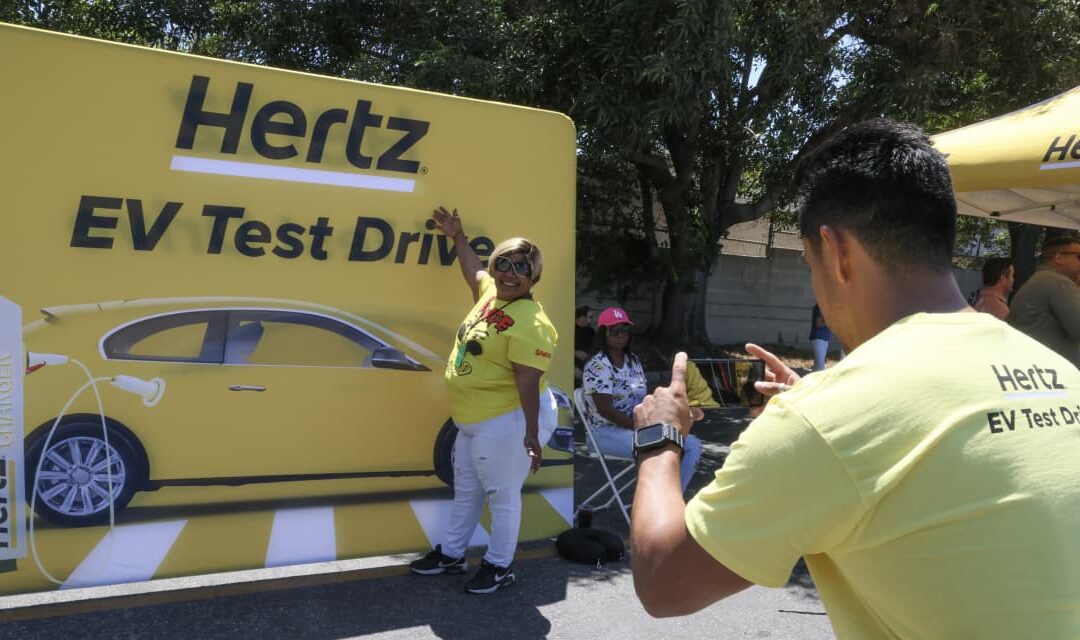Hertz Global Holdings Inc. said Thursday it is selling about 20,000 electric vehicles from its fleet, or about one-third of the total, and expects to book charges of about $245 million in the fourth quarter.
The move is aimed at better balancing supply and expected demand for EVs, allowing the car-rental company to scrap a disproportionate number of lower-margin rentals and reduce damage expense associated with EVs.
Collision and damages costs for EVs remained high in the fourth quarter, Hertz said in a regulatory filing. The charge is on top of the depreciation costs it expects to record in the quarter in the ordinary course of managing its fleet.
The news is the latest bad news on EVs, with softer-than-expected demand leading many original equipment manufacturers to scale back plans. In October, Ford Motor Co. Ford reported lower-than-expected quarterly earnings, which included an adjusted loss of $1.3 billion for its EV unit, which was wider than Wall Street expected.
Ford said that customers interested in EVs were “unwilling” to pay the vehicles’ premium prices, and the company paused billions of long-term investment in EVs due to that disconnect.
Hertz will continue to offer EVs, but will implement measures to boost profitability, including by expanding infrastructure such as charging stations, growing relationships with EV makers, particularly related to more affordable access to parts and labor, the company said.
“Going forward, the company will continue to actively manage the total size of its EV fleet, as well as the allocation of EVs among customer segments, including leisure, corporate, government and rideshare,” said the filing.
Hertz will reinvest in additional internal combustion engine vehicles and expects to improve adjusted EBITDA, or earnings before interest, taxes, depreciation and amortization across 2024, as vehicles are rotated, and in 2025, by which time all in the plan will have been sold.
“It is expected that this benefit to the company’s financial results will be derived from higher revenue per day and lower depreciation and operating expenses related to its remaining fleet,” said the filing.
“The company further anticipates that incremental free cash flow generation related to this action will approximate $250 million to $300 million in the aggregate over 2024 and 2025.”
Hertz backed its revenue guidance for the fourth quarter of $2.1 billion to $2.2 billion and said its adjusted EBITDA will be negatively impacted by the EV sales plan.
It expects adjusted EBITDA to be a loss of $120 million to $130 million.
The stock
HTZ,
was slightly higher premarket but has fallen 44% in the last 12 months, while the S&P 500
SPX
x has gained 20.5%.









